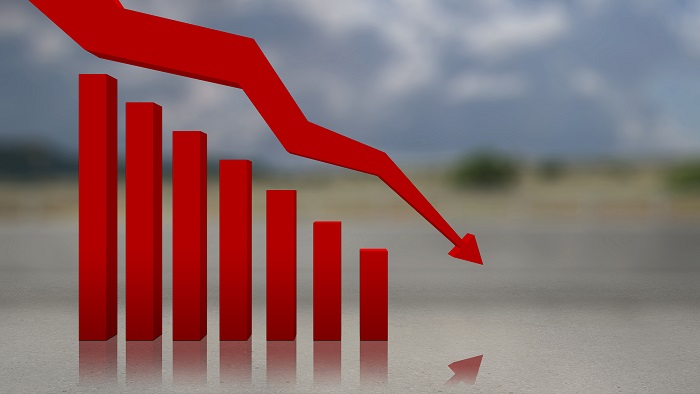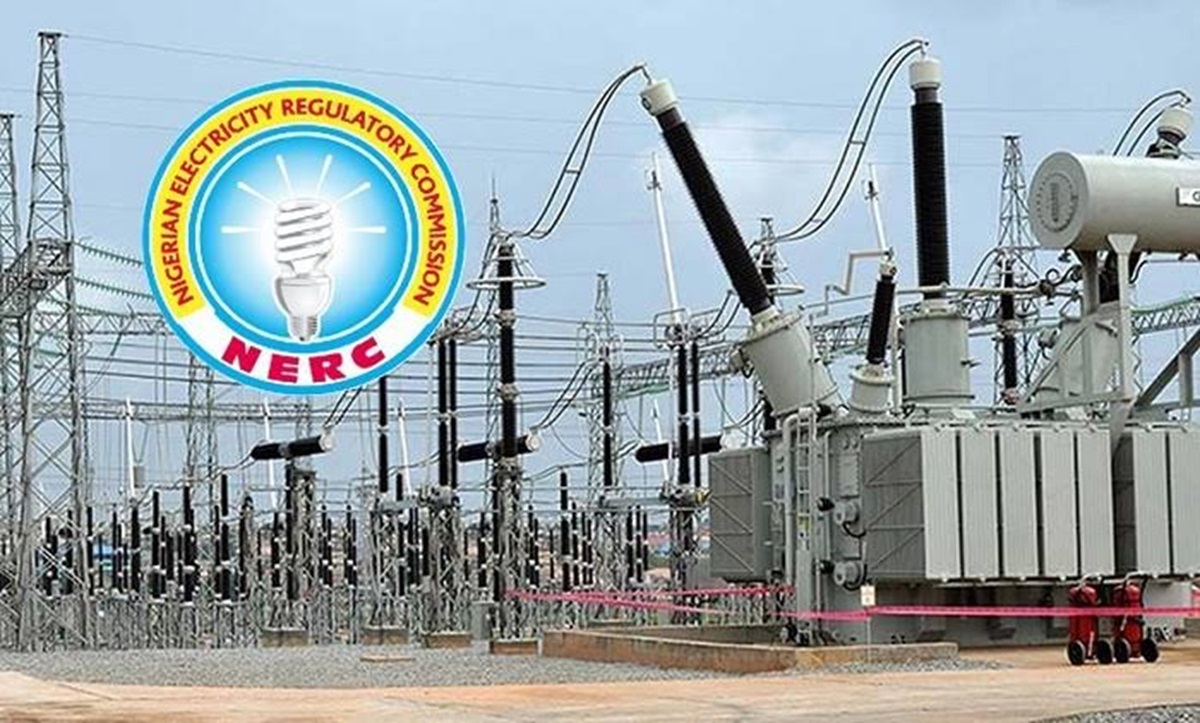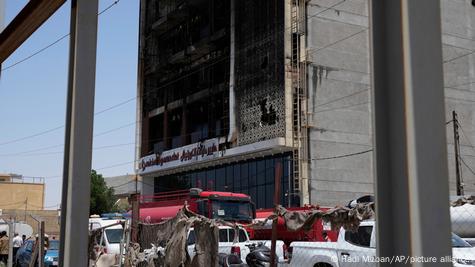People living in poverty are up to three times more likely to experience mental health issues such as depression and anxiety compared to those with higher incomes, according to a United Nations report released on Thursday. The study, compiled by UN Special Rapporteur on Extreme Poverty and Human Rights, Olivier De Schutter, warns that modern, consumption-driven lifestyles pose a significant threat to mental well-being.
The report, titled “The Burnout Economy: Poverty and Mental Health,” highlights the vicious cycle in which poverty exacerbates mental health conditions, creating barriers for individuals to escape poverty. It underscores that “poverty causes mental health conditions, which in turn constitutes an obstacle to escape from poverty.”
According to the findings, more than 970 million people worldwide—about 11 percent of the global population—suffer from mental illnesses, including 280 million who have depression and 301 million who suffer from anxiety.
Suicide, which claims around 700,000 lives annually, is now the fourth leading cause of death among individuals aged 15 to 29. In nations belonging to the Organization for Economic Cooperation and Development (OECD), mental health issues account for up to half of disability claims, with the proportion rising to 70 percent among young adults.
The report also noted that mental health problems surged by 25 percent during the first year of the COVID-19 pandemic, further straining global health systems. With mental health conditions resulting in global economic losses of $1 trillion annually, the report advocates for significant investment in mental health treatment, emphasizing that the returns from addressing depression and anxiety would be substantial.










